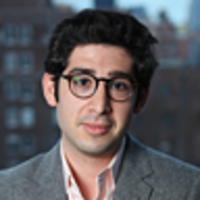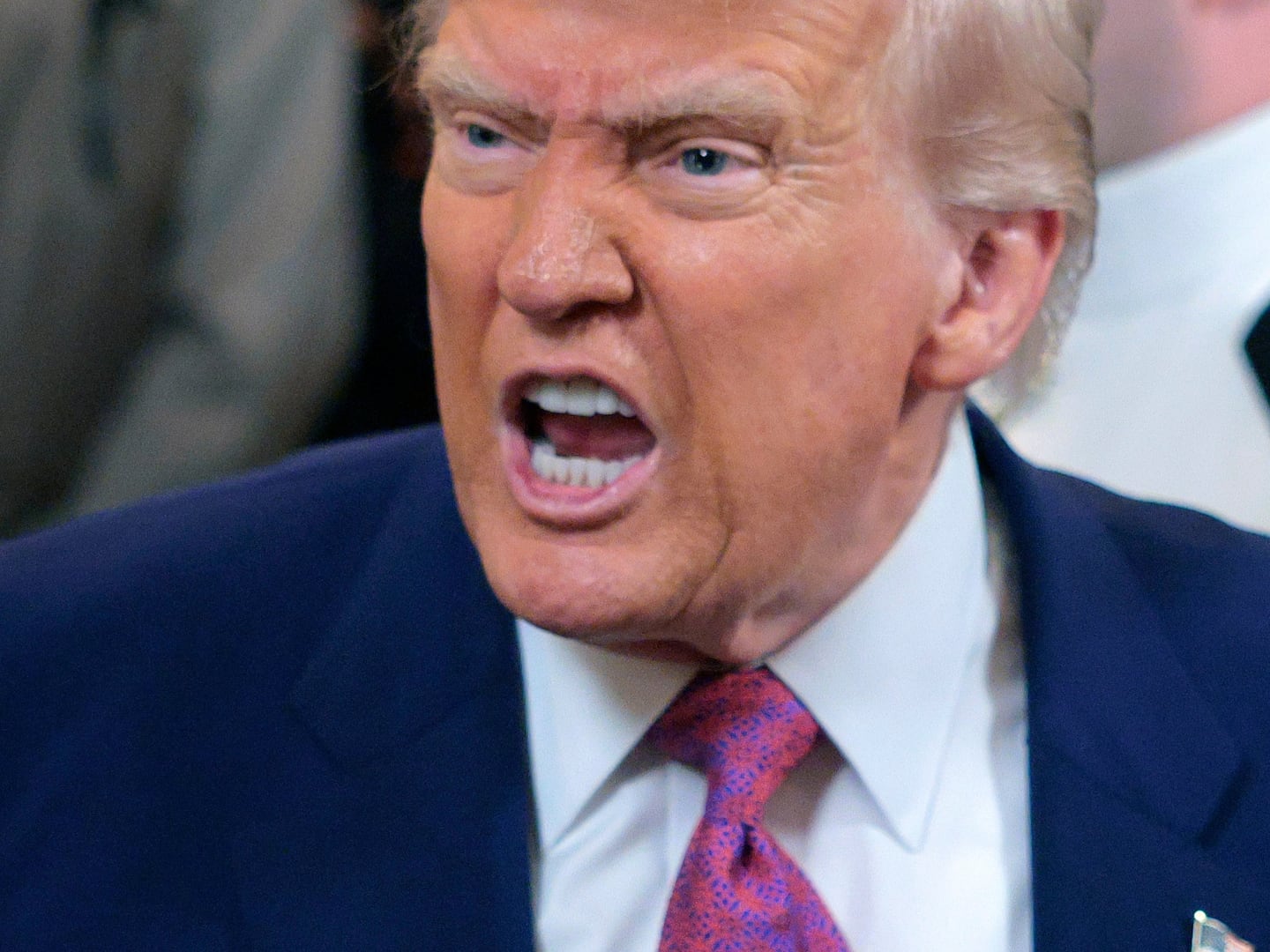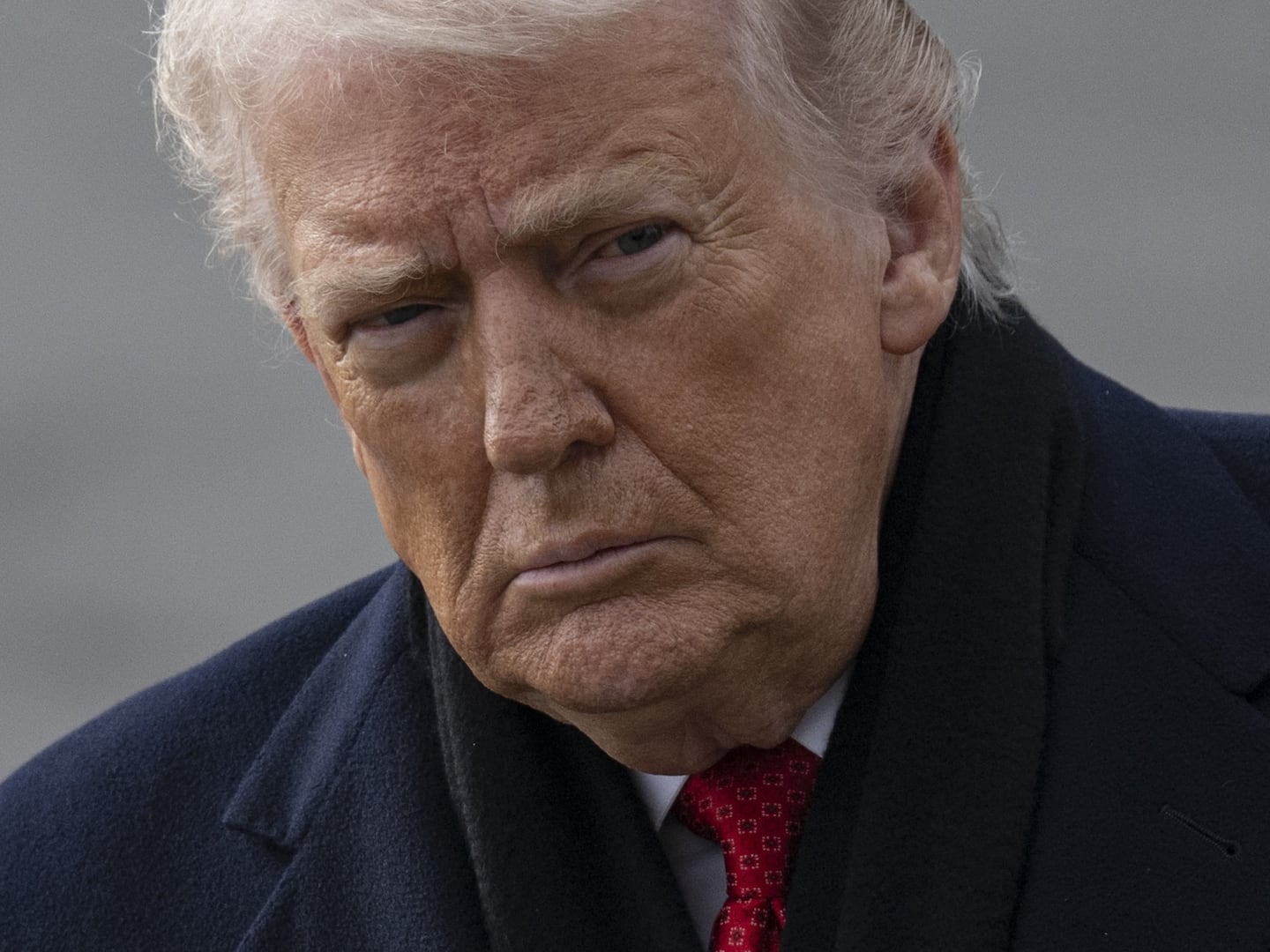
With his phone call yesterday to the police officer who arrested Henry Louis Gates, Jr., Obama showed how much he has forgotten since his law school days about racial politics there.
A central irony to the Skip Gates affair is that young Barack Obama, the Harvard student, seemed to recognize the limits of racial politics at Harvard: that they tend to operate as symbol more than substance, that for every incident involving a black student or professor at Harvard, there are far more confronting African-Americans beyond the leafy streets and breezy porches around Harvard Square.
Upon being elected head of the Harvard Law Review in 1990, he noted that his success in becoming the first black leader of that prestigious publication was a minor victory compared to American’s larger problems.
One of the long-lasting Cambridge race battles to take place in recent history played out while Obama himself was on campus.
"It's a significant change from the Harvard Law School of the past," Obama told The Harvard Crimson. "[But] for every one of me, there are a whole bunch of young Black people who, because of drugs, poverty, or whatever, aren't getting the opportunities I have," he said.
But as President Barack Obama enters the waters of another racial storm at Harvard, he seems to have forgotten the lessons he learned from his own past there. On Wednesday night, he let Gates hijack the health care press conference and then—after Gibbs said this morning there'd be no more on it, he wandered into the press room to "defuse" it—surely giving it new life. Now television commentators are chattering about what kind of beer the president will serve the professor and the police officer when they pay a visit to the White House. And of course, what began it all, his less than even-handed comments earlier this week, when Obama said that the police officer who arrested Henry Louis Gates, Jr. “acted stupidly.”
Let’s look back at an earlier era: In the winter of 1990, Harvard Law School announced that it was hiring an African-American professor, bringing the total number of black professors on the faculty to six—outnumbered ten to one by their white counterparts.
The leader of the Harvard Black Law Students Association questioned the decision to hire another black male professor when there were no black female professors on campus.
"I think it's nice for the sake of diversity," she said. "However, there is the problem that the Law School has six Black male professors and no Black female professors."
The president of Harvard Law Review took a more conciliatory position, calling the hiring an “encouraging sign.” That president is now America’s, but then he was a 28-year-old law student, who according to reports, stood apart and frequently above his classmates.
Racial conflict has bubbled and occasionally boiled over at Harvard since the 1960s, ever since a recognizable minority presence arrived on campus. (It’s worth remembering that Obama’s father was an early member of that group—a Kenyan man studying economics in Cambridge in the early sixties.) In 1969, the creation of a Black Studies program was embedded in the political unrest of that period.
Forty years later, race and politics continue to collide on a campus, much as it might seem from the outside as a place of hypersensitivity and togetherness. Those of us sitting in the newsroom of The Harvard Crimson came to appreciate and expect these sort of things as the same media cycle that is playing out on CNN frequently took place on our own pages.
Two springs ago, Harvard University police showed up at a party for black students and began asking for IDs. A few years before, police officers stopped a black professor walking in Harvard Yard. Unfortunately, as if ripped from the pages of a Tom Wolfe novel, that black professor, said to be mistaken for a robbery suspect, happened to be the head of the Harvard Foundation, the college’s leading pro-diversity confab. Perhaps the worst incident in recent years occurred last summer, when Harvard police got in an “obscenity-laced” exchange with a Boston teenager who they thought was stealing a bike. He happened to have lost his bike-lock key. And this spring, two black students were allegedly related to a drug deal that went bad and led a Cambridge teen to be shot and killed in a Harvard dormitory.
After these incidents, the familiar campus figures would emerge. Familiar questions would be asked. A committee would be convened. And we’d all wait for the cycle to begin again in the not-so-distant future.
But one of the long-lasting Cambridge race battles to take place in recent history played out while Obama himself was on campus. It was one which led the Law School, a significant starting point for the nation’s legal and corporate elite, to become painfully aware of the lack of minority professors on its faculty.
During Obama’s second year, students began large protests of the dearth of minority professors. They staged a sit-in in the law library and 70 law students jammed the dean’s office and refused to leave. The occupation recalled the anger of an early generation of students who commandeered the central administration’s University Hall. Those protests reached their height when the first tenured black professor, Derrick Bell Jr., resigned from the faculty. Playing to form, Jesse Jackson showed up.
According to media reports from the campaign recalling Obama’s law school years, the future president, at the time a very visible African-American student, supported the grievances but refused to fan the flames.
"Barack was a stabilizing influence in that he would absolutely support those efforts, but was also someone who could discuss and debate them with students or faculty who had different views," Professor Charles J. Ogletree Jr. told The Boston Globe in 2007.
Olgetree is now representing Gates in this affair. For this week, the student he described seemed distant from the president he became.
Samuel P. Jacobs has written for The Boston Globe, The New York Observer, and The New Republic Online.






